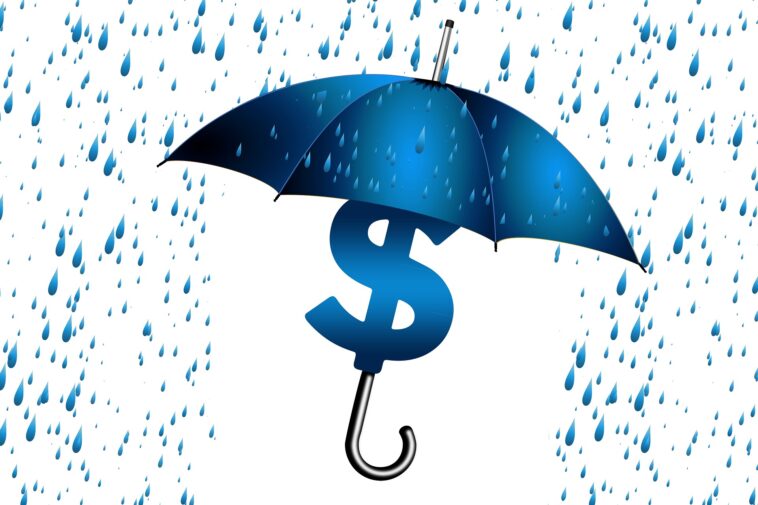Running a business comes with inherent risks, which is why having the right insurance coverage is crucial for safeguarding your venture. Business insurance provides protection against potential losses and liabilities, ensuring the continuity and resilience of your operations. In this article, we will explore the importance of business insurance, the types of coverage available, and key considerations when choosing the right insurance for your business.
The Importance of Business Insurance
Business insurance plays a vital role in mitigating risks and protecting your business from unforeseen events. Here are some reasons why business insurance is essential:
Asset Protection
Business insurance helps protect your valuable assets, including property, equipment, inventory, and intellectual property. In the event of theft, fire, or other covered perils, insurance can provide financial assistance to repair or replace these assets, minimizing the impact on your business’s operations.
Liability Coverage
Liability claims can arise from various situations, such as customer injuries, property damage, or product liabilities. Business insurance can cover legal fees, settlement costs, and damages associated with these claims, protecting your business from potentially crippling financial burdens.
Business Interruption Coverage
In the event of a major disruption, such as a natural disaster or a fire, business interruption insurance can provide financial support to help cover ongoing expenses, such as rent, payroll, and utilities, while your business is unable to operate. This coverage helps ensure business continuity during challenging times.
Types of Business Insurance
There are several types of business insurance coverage to consider based on the nature of your business and its specific needs:
General Liability Insurance
General liability insurance protects against third-party claims for bodily injury, property damage, and personal injury. It covers legal costs, medical expenses, and settlements in the event your business is held responsible for such claims.
Property Insurance
Property insurance covers physical assets, including buildings, equipment, inventory, and furniture, against perils such as fire, theft, vandalism, and natural disasters. It helps ensure that your business can recover and rebuild in the event of property damage.
Professional Liability Insurance
Professional liability insurance, also known as errors and omissions insurance, is essential for businesses that provide professional services or advice. It protects against claims of negligence, errors, or omissions that result in financial losses for clients.
Workers’ Compensation Insurance
Workers’ compensation insurance provides coverage for employee medical expenses and lost wages in the event of work-related injuries or illnesses. It is typically required by law for businesses with employees and helps protect both employees and employers.
Business Interruption Insurance
Business interruption insurance compensates for lost income and covers ongoing expenses when your business is temporarily unable to operate due to a covered event. It helps ensure your business can recover and continue operating even during challenging times.
Considerations for Choosing Business Insurance
When selecting business insurance, keep the following considerations in mind:
Assess Your Risks
Identify the specific risks associated with your business and industry. Consider potential liabilities, property damage risks, and any unique risks that are specific to your operations. This assessment will help you determine the types and levels of coverage you need.
Review Coverage Limits
Review the coverage limits of different insurance policies to ensure they adequately protect your business. Evaluate the maximum coverage amounts, deductibles, and any additional endorsements or riders that may be necessary to address specific risks.
Compare Insurance Providers
Obtain quotes and compare offerings from multiple insurance providers. Consider factors such as reputation, customer service, financial stability, and the breadth of coverage options. Work with a reputable and experienced insurance agent or broker who can guide you through the process and help you make informed decisions.
Read and Understand the Policy
Thoroughly review the terms, conditions, and exclusions of the insurance policy before making a final decision. Understand what is covered and what is not covered, as well as the claims process and any obligations you have as a policyholder.
Conclusion
Business insurance is a critical aspect of protecting your venture from potential risks and ensuring its long-term viability. By assessing your risks, understanding the different types of coverage available, and choosing the right insurance policies, you can safeguard your business and gain peace of mind. Remember to regularly review and update your insurance coverage as your business evolves and new risks emerge. With the right insurance protection in place, you can focus on growing your business and pursuing your entrepreneurial goals with confidence.



